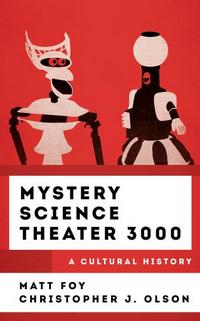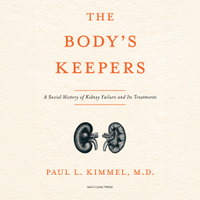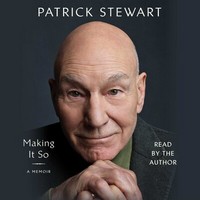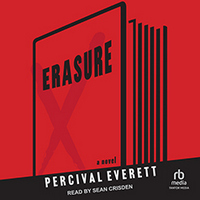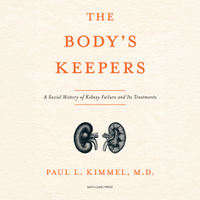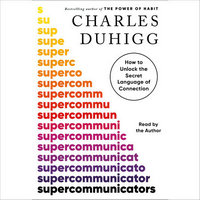Be sure to come back in a couple of hours to read a Q&A with the author, Ed Duncan.
 Pigeon-Blood Red
Pigeon-Blood Red
by Ed Duncan, read by Dave Keyser
DETAILS: Series: Pigeon-Blood Red, Book 1 Publisher: Next Chapter Audio LTD Publication Date: September 2, 2022 Format: Unabridged Audiobook Length: 5 hr., 59 min. Read Date: October 28, 2024

A Quick Word
You should’ve read this in early November. But communication errors, busy schedules, and (I’m assuming) life in general got in the way of both Mr. Duncan and myself. And I feel bad about my part in that. Thought I’d take a moment up front to issue an apology to Mr. Duncan and his publicist.
What’s Pigeon-Blood Red About?
Stop me if you’ve heard this before, but a grizzled enforcer and his partner make a mistake that leads to a panicky guy stealing from their boss. This guy, Robert, is already in some serious debt to their boss, Litvak, and this just makes it worse—especially when Robert leaves town suddenly and tries to use the theft to leverage Litvak into writing off the debt. Litvak doesn’t like this idea, and sends the enforcer, Rico, to track down Robert, deal out some punishment, and come back with at least the stolen item—and maybe more.
Yeah, this feels incredibly familiar—which is not a deal-breaker at all, it just makes it easy for the reader/listener to get into the story. As always, it’s what the author does with a familiar set-up that makes it worth the ride. And Duncan doesn’t disappoint there.
That largely has to do with other people that Rico and Robert encounter along the way—some of whom get swept up in Rober’s foolhardy and desperate moves and find themselves in Rico’s cross-hairs when they’re just trying to live their lives. But you should learn about them for yourselves.
Some of These People are the Worst
Seriously, you can hear Jean-Ralphio singing it as you think of some of these people. I’m not even talking about the hitman here—but some of his targets. Okay, his boss isn’t that great, either. But he’s supposed to be a morally bankrupt scoundrel. The more we get to know—and the more we see from—Robert and some others and you can’t help but wonder if the world will be a better place without them.
I will say that it took me a little longer to warm up to Rico than is usual in this type of book. Our introduction to the character—the first real thing we see from him—really made it hard for me to want anything more than to see Litvak put him in a hole somewhere, but that changed.
How Was the Narration?
My initial reaction to the thought was “absolutely fine,” and I was prepared to move on. However brief that answer was.
But Keyser deserves a little more than that, I think. He really was a great match for this material—I wish I could find other audiobook credits for him to see how he does with other genres (and am a little discouraged to see that he’s not attached to the rest of this trilogy). He could handle the lighter moments–the sweet moments–as well as the not-even-close-to-sweet moments when bullets are flying equally well (and we’ve all heard narrators that can’t quite pull that off in the same book).
I really enjoyed his work and think he made a series of really smart choices and executed them well.
So, what did I think about Pigeon-Blood Red?
After various and sundry delays, it was hard for me to remember some details that I wanted to, so I listened to a few bits again—and I really had a hard time forcing myself not to just listen to the whole book again (if I had one more day on a Libby book, I probably would’ve indulged myself). I think that says plenty about this book.
Duncan assembled this particular book very well, there were a lot of moving pieces—and plenty of backstories to bring in—and he managed to keep the reader engaged with all the characters while maintaining the pace and building the tension. I really admired that–in a longer book that might have been easier, actually, but this is a quick listen and to cram as much in as he does is no mean feat (and it never feels crowded, crammed, or rushed).
There’s a scene that I’ve spent some time thinking about again and again since I listened to this–it’s a pivotal scene toward the end. It could be a scene from a farce—it’s full of mistaken identities, close calls, crazy chains of events, and so on. You add a jaunty, bouncy soundtrack and an exaggerated facial expression or two, and it could be seen as comical. If you ignore the blood, terror, and death, that is. I could see it all very clearly in my mind, and I think Duncan faked me out a little bit (see: mistaken identities). Duncan and Keyser both were spot-on during this scene/sequence and earned a lot of trust from me there.
I found something to like in all the primary characters, (other than Robert and unnamed persons from the above section), and got invested in the outcomes surrounding them. By the end of the book, I wasn’t actually sure what character(s) the trilogy would follow and could see myself signing on to whatever ones Duncan stuck with. I was pretty sure it’d be Rico—and the title of the third book, Rico Stays gives it away. But that I’d have been open to some others, I think tells you a lot.
Was this a book that ever really blew me away? I don’t think so—but I was engaged and entertained through it all. It was entirely satisfying (if you ignore the bump with Rico in the beginning, but I got over it). And now that I’ve finished this post, I can get to listen to the rest of the trilogy in short order. Be prepared to sign on to a trilogy if you start this (a quick-moving trilogy, I should stress).
Disclaimer: I received a copy of this audiobook from the author and Kelsey Butts at Book Publicity Services. Other than giving me something to opine about, this did not influence my opinion which is honestly reflected above.
![]()











